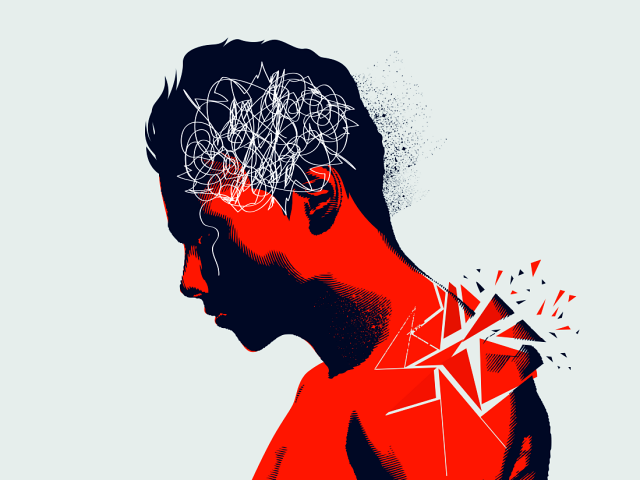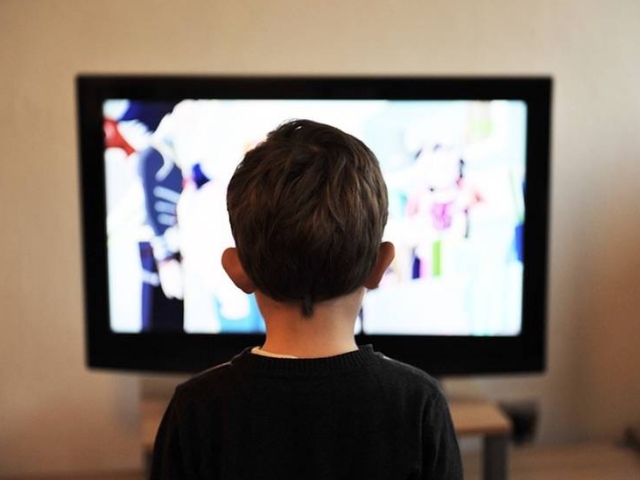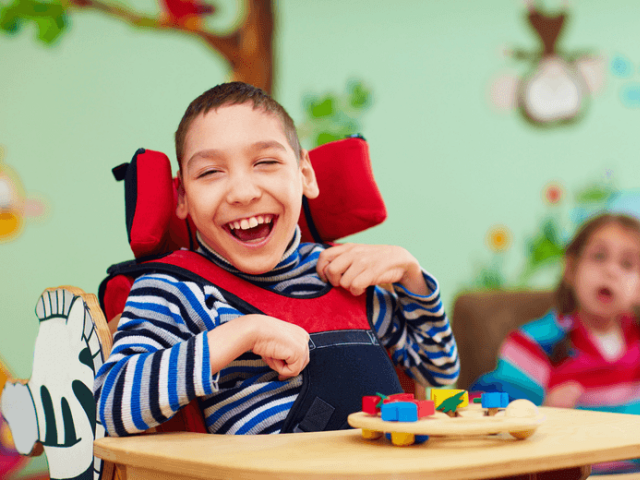Mental Illness Runs in Families, and Your Kids Can Have a Good Life
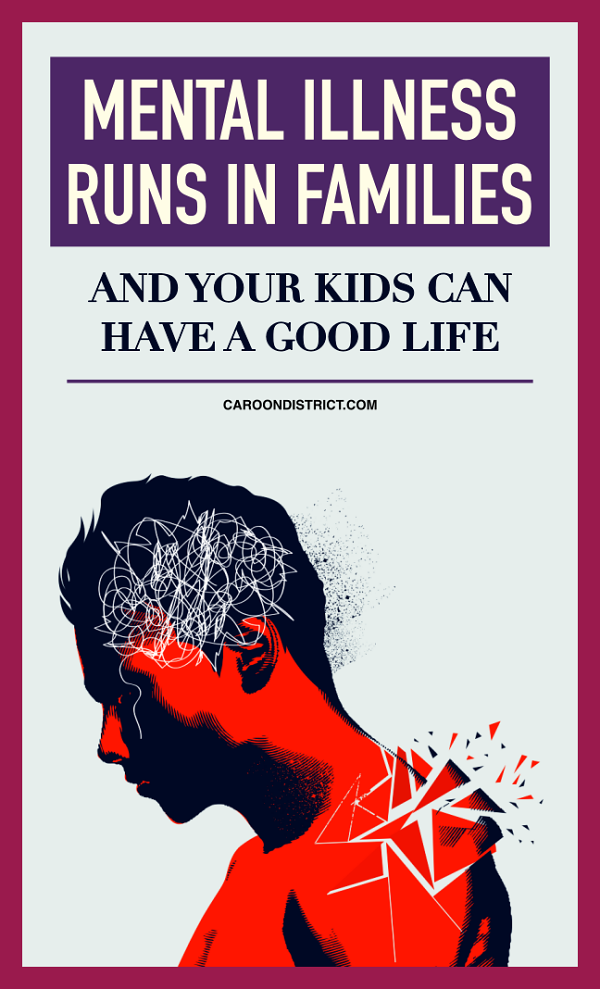
Does mental illness run in families?
Research shows that mental illness is genetic and can run in families. Scientists aren’t sure what causes someone to inherit mental illness, but in the research, we do see a correlation between mental illness and genetics.

If you or someone in your family has a mental illness such as anxiety, depression, Bipolar disorder, Schizophrenia, or an eating disorder, these can be passed down to your children, but that doesn’t mean that your children will inherit it. Even if they do, it doesn’t mean that they can’t live a long, happy, and healthy life.
When does mental illness start?
Some people experience symptoms of mental illness as children when they’re only, say, five or six years old. Some individuals notice that they felt anxious, depressed, or even experienced panic attacks at these ages. According to a recent study, 50% of mental illnesses begin by the age of 14, and ¾ of mental illnesses start before the age of 24. There are certain conditions where the onset is typically in the early-to-mid 20’s such as Bipolar disorder of Schizophrenia, so you might not know that your child has a mental illness until their teens or early adulthood.

However, that doesn’t mean that you can’t educate your kids on mental illness; the more they know, the more they will understand what to look out for, and the more likely kids can identify that they need mental health support should symptoms arise in the future.
How do you know if someone has a mental illness?
Things to look out for in your children to see if they may be dealing with a mental health condition are:

- Feelings of depression or sadness much of the time
- Mood swings
- Lethargy
- Being constantly agitated
- Feeling nervous
- Separation anxiety
- Panic attacks
- Seeing or hearing things that aren’t there
- Talking to one’s self
If you see your child doing any of these things, it’s essential to consult their pediatrician and possibly a mental health professional. There are things you can do to be proactive if you notice these symptoms at a young age.
Talking to your children about mental illness
Children are perceptive, and they may notice that one of the members of your family, or even yourself or another parent, has a mental illness. Rather than say the words “mental illness,” they’ll likely point out the symptoms or ask why a person feels or is behaving a certain way. It’s a teachable moment where you can talk about your experience with mental illness or have your partner share what they experience with their mental illness.

If there’s an extended member of the family who has a mental illness, perhaps they’d be willing to talk to your child about their experience should it come up. You could also talk about how “uncle Matt lives with Schizophrenia.” It’s essential to be open with your children about mental illness so that they can understand better and be supportive to those that they know with a mental illness. Additionally, should they develop a mental illness, they’ll know what to look for in themselves.
Therapy can help
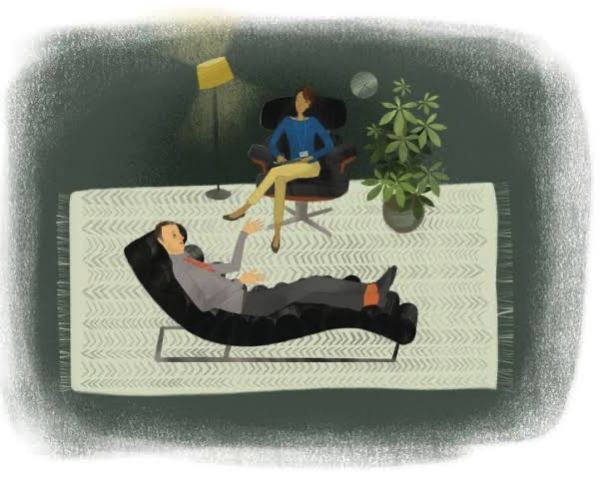
Family therapy is one way you can talk about mental health issues with young children. You can also consult a pediatric therapist. If you’re having trouble with any mental health concerns for yourself, you can see a therapist or talk about parenting-related issues in therapy. Local counselors are likely available in your area, or you could meet with someone online. Still, it’s essential to speak to a mental health professional if you need to and to support your child in seeing one to get treatment bipolar disorder if they struggle with mental health concerns.

Marie Miguel has been a writing and research expert for nearly a decade, covering a variety of health- related topics. Currently, she is contributing to the expansion and growth of a free online mental health resource with BetterHelp.com. With an interest and dedication to addressing stigmas associated with mental health, she continues to specifically target subjects related to anxiety and depression.
